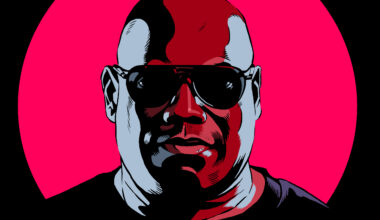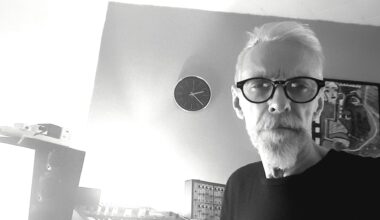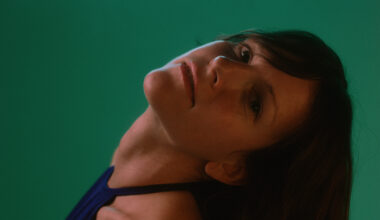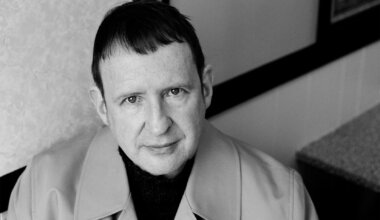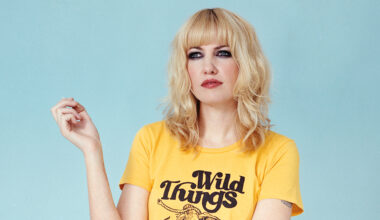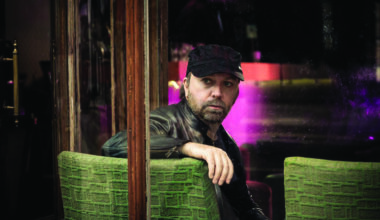From Magazine to the Bad Seeds to soundtrack maestro, Barry Adamson reflects on the nuggets that nourish his soul
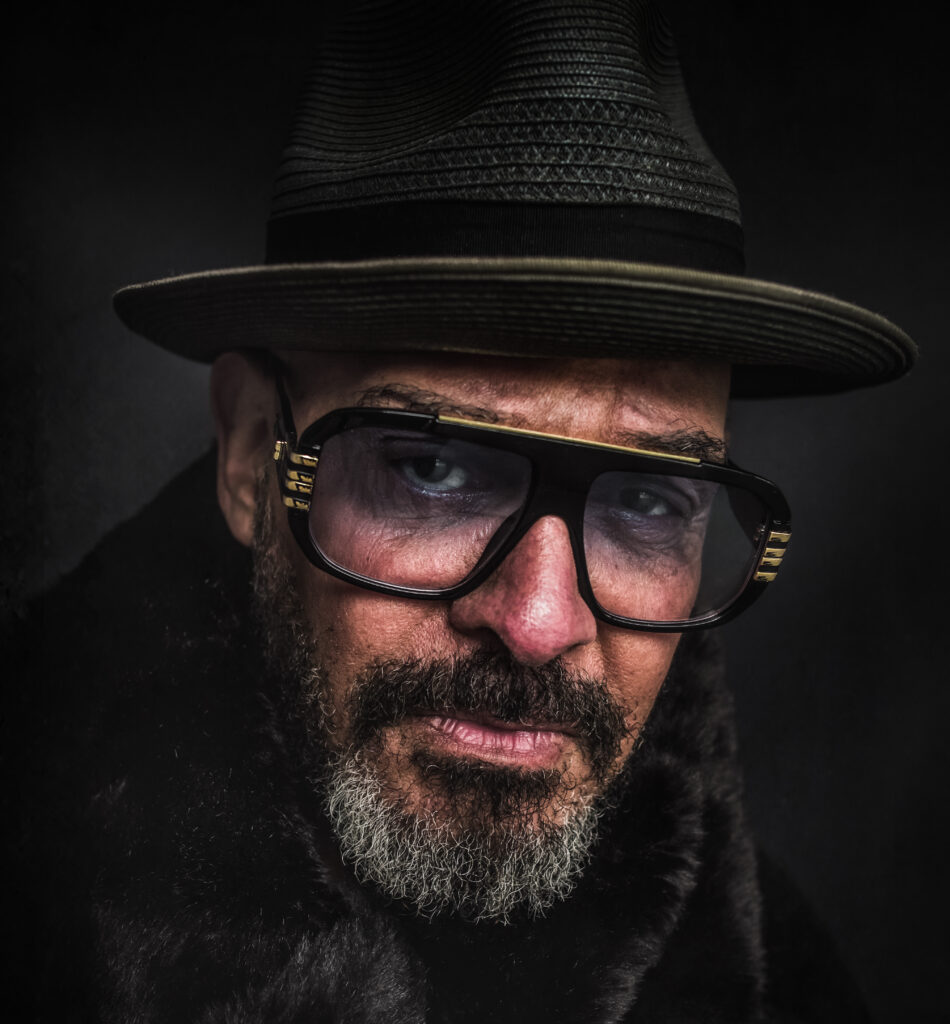
CINEMATIC EXPERIENCE
“I’ve pretty much based my entire musical career around cinema. It’s probably my single biggest influence. The shape and form, substance, style, storytelling and the whole scale of the thing has always overwhelmed me, really. I remember being taken to the cinema on a rainy summer’s day on holiday in Morecambe when I was about eight. We saw a double bill of ‘A Hard Day’s Night’ and ‘Goldfinger’, and there you have it, really – pop songs meet cinematic music. I feel like I’ve spent my whole life matching the two.
“In this age of home cinema and Netflix, it feels quite special to just sit in the dark with complete strangers and pay to be manipulated. I still find myself relying on a certain type of cinematic imagery. The language of music has become so familiar since the 1970s. Sometimes you can use cinematic language in a knowing way, because we’re quite savvy about it now.”
NOIR NOVELISTS
“I remember getting a first edition of Hubert Selby Jr’s ‘Last Exit To Brooklyn’. I was so intoxicated with that book. The fact that he didn’t mince words and had a style I could understand – for example, when people were angry in the book, they spoke in capital letters.
“I had the great honour to meet Selby after I released ‘Moss Side Story’. He’d heard the record by chance and said, ‘I love this album. It sounds like a shoot-em-up’. I was absolutely blown away by that. We met for coffee in London and he couldn’t understand the city’s non-grid layout. He said, ‘These streets are drunk Barry, what’s going on?!’. That was his genius with language.
“Just like all the great noir writers, James Ellroy, Jim Thompson, they had this knack for looking at things in a particular way. Characters faced with a choice, who frequently make the wrong one – these writers take you with them on this strange and fascinating journey. That’s what makes me excited, and want to pick up a bass or turn on a keyboard.”
HUMAN PSYCHOLOGY
“I remember watching this 1960s TV show called ‘The Human Jungle’ with the [‘Pink Panther’] actor Herbert Lom, who played this psychologist and criminologist called Dr Corder. He was a lone man in his office figuring out a different psychological issue each episode. The workings of the mind and the source of people’s motivations are subjects which have fascinated me for a long time. If I hadn’t gone into music, I think it’s a career path I could well have taken.
“My friends pick up on it, they’re always asking, ‘How have you figured out this aspect of my background when I’ve not told you?’. I’ve done various criminal psychology courses, because I’m fascinated to understand everyone’s motivations. Where does childhood come into it, what role does your will play? That sort of thing.
“I was in a shop last night, and I spotted this guy out of the corner of my eye. He walked in really quickly and shiftily, so I was on alert. His face was completely bashed in and cut up. He went and scooped up about 60 of those long Refresher chews, dumped them on the counter and muttered something dismissive at me when I held the fridge door open for him. It got me thinking, where’s this guy from, what’s his upbringing, what does he think about the world? Then as I was walking down the street, this car pulled up to the kerb very fast. And it was him with his friend, clutching these chews. That led me into a half hour rumination on this guy and his backstory!”
DRY NORTHERN HUMOUR
“I think even the darkest moments in life can be relieved with a sense of humour and that human connection. There’s something about that northern brand of humour, the ability to be self-deprecating, to pull someone down and at the same time make them feel loved. Growing up as a child in Manchester, figuring that out very early on was a godsend, really. Laughter is all about coming together, finding common ground and a sense of belonging. These days I mostly make dad jokes, because I’m that age, but I like to have a bit of stage banter. It just puts everyone at ease.”
THE 60S AND 70S
“I was 10 years old in 1968 and 20 in 1978, so those two decades have given me everything. They’ve been the biggest source of creative food. Just think about how far the world travelled from the start of the 60s to the end of the 70s – from the fallout of the 50s, to Free Love, the Vietnam War and all the political assassinations in the 60s, and then into punk and also the music, the style and yes, the cinema too. That amounts to several lives lived in just a few decades. Seeing the world change so much was a huge influence which has always been rooted in my music. I remember listening to my sister’s Tamla Motown records and being struck by that emerging consciousness coming out of black America. What happened in America just felt so unreachable then. The contrast between British and American culture and life was so stark. At the time, I remember walking around Manchester in complete darkness, watching my dad shovelling coal, and thinking to myself, ‘What’s happened?’.”
Barry Adamson’s career retrospective, ‘Memento Mori (Anthology 1978-2018)’, is out on Mute
